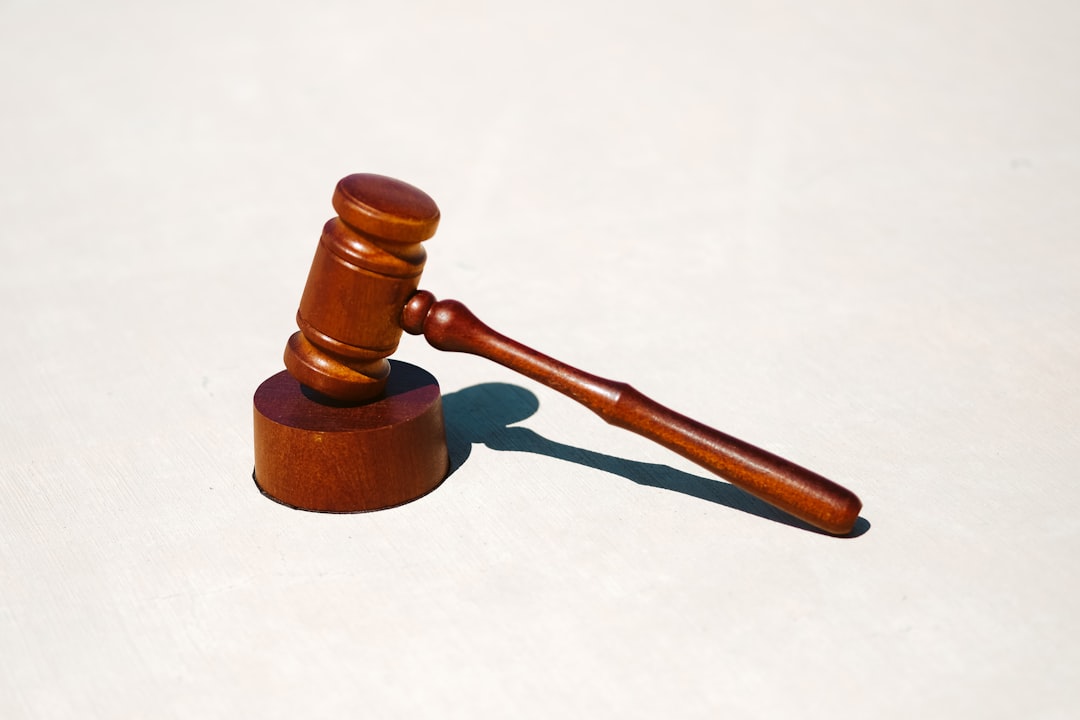Strict California laws protect students from sexual abuse, with school abuse law firms playing a key role in policy development. The state's Department of Education offers guidelines and resources emphasizing staff training on prevention, recognition, and response procedures for various forms of abuse. Comprehensive training programs, including interactive sessions and tailored modules designed by school abuse law firms, ensure educators create safe learning environments and sensitively handle incidents while adhering to legal protocols. Effective response strategies, including immediate support for victims and perpetrators, maintain confidentiality and encourage student comfort in coming forward, fostering a culture that prevents abuse and ensures appropriate action.
In California, understanding and adhering to the state’s stringent school abuse laws is paramount for educational institutions. This article guides educators on navigating these regulations, focusing on three key areas: deciphering legal requirements, designing comprehensive training programs, and implementing robust response strategies. By equipping staff with necessary tools, schools can foster safer environments, ensuring every student feels protected from sexual abuse. Explore effective practices from leading California school abuse law firms to revolutionize prevention efforts.
Understanding California's School Abuse Law and Regulations

In California, schools are held to strict standards when it comes to protecting students from sexual abuse. The state’s school abuse law firms have played a pivotal role in shaping policies and regulations aimed at ensuring a safe learning environment. These laws mandate comprehensive training for school staff, covering prevention strategies, recognition of potential red flags, and appropriate response procedures. By understanding these legal frameworks, educators can better navigate their responsibilities and create a culture of safety.
California’s regulatory body, the Department of Education, provides guidelines and resources to assist schools in meeting these requirements. Training should include information on various forms of sexual abuse, the impact on victims, and the importance of early intervention. Staff must be equipped with the knowledge to handle incidents sensitively and effectively while adhering to legal protocols, thereby fostering a supportive environment for all students.
Creating Comprehensive Training Programs for Staff

Creating comprehensive training programs is essential in equipping California school staff with the knowledge and skills to prevent and respond to sexual abuse effectively. These programs should cover various aspects, including legal obligations under California’s strict school abuse laws, identifying potential signs of abuse, reporting procedures, and crisis management strategies. Engaging and interactive sessions involving role-plays and case studies can significantly enhance learning retention and prepare staff for real-life scenarios.
School abuse law firms in California often collaborate with educational institutions to design tailored training modules that not only meet legal requirements but also foster a safe and supportive environment for all students. By investing time and resources in these programs, schools can build a culture of awareness and accountability, ultimately safeguarding their students and promoting a healthier learning atmosphere.
Implementing Effective Response Strategies and Support Systems

Implementing effective response strategies is paramount in safeguarding students from sexual abuse within California schools. When an incident occurs, well-trained staff can make all the difference in managing the situation sensitively and promptly. This includes recognizing the signs of abuse, understanding the legal protocols for reporting, and providing immediate support to both victims and perpetrators, while ensuring confidentiality as mandated by school abuse law firms in California.
Support systems are equally crucial, fostering a culture where students feel comfortable coming forward. Staff should be equipped with resources to refer students for counseling or therapy, and know how to navigate the legal process if needed. By combining robust response strategies with robust support systems, California schools can create an environment that not only prevents abuse but also ensures appropriate action when it does occur.






